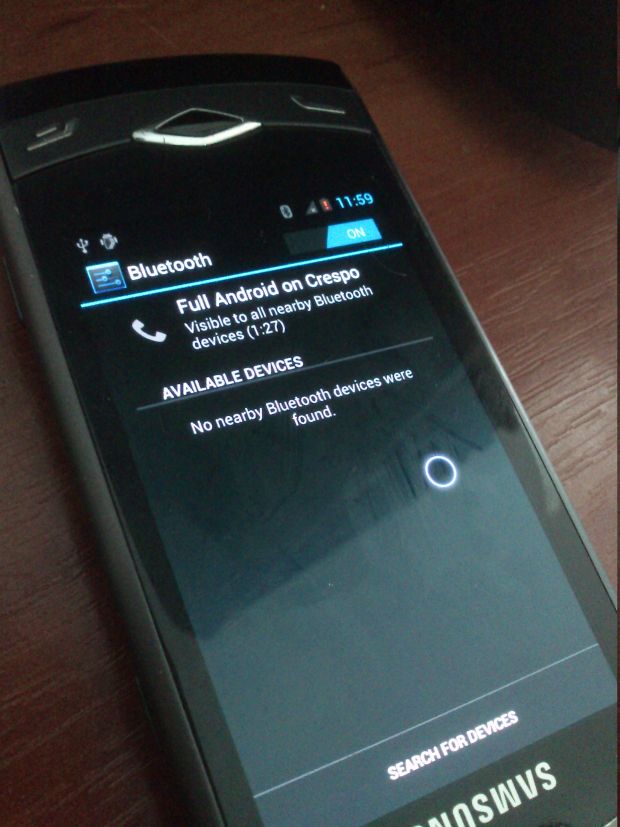Linus Torvalds has announced the release of Linux kernel version 3.7, which is special for mobile and tablet developers in the sense that this is the first stable release which brings ARM support to the table. The result is that all device manufacturers and ARM developers will be able to use this very vanilla linux kernel to boot their device without wasting time making changes specific to their chip. Thus, the need to build a special kernel for every new device will soon be over, as more and more devices start getting official support.
The problem originally lied in the fact that, though it is easy to work on x86, in which case most hardware has the capability of describing itself during boot process, this is a functionality that does not exist in ARM devices. Before this release, kernel configuration in such cases was done with the help of board files which are largely a static description of device information. This board file is easy to build into the kernel for a specific device of a particular vendor. But, when it comes to true multi-platform support, it is a challenge. To enable this kind of support, this kernel configuration information needs to be moved out of the kernel itself, and this is being done with the help of device trees which will keep all the device specific information and a single kernel will be able to be distributed for all ARM devices.
A lot of work is yet to be completed however, and a majority of consumer based devices are yet to be supported. As of now, the list only includes server oriented chips, while the support for more will eventually come as the work towards a unified linux kernel with true multi platform support progresses. This update should be a major development, but whats more interesting is the fact that 64 bit ARM support is included too, though such CPUs are unlikely to be used commercially until late next year.



